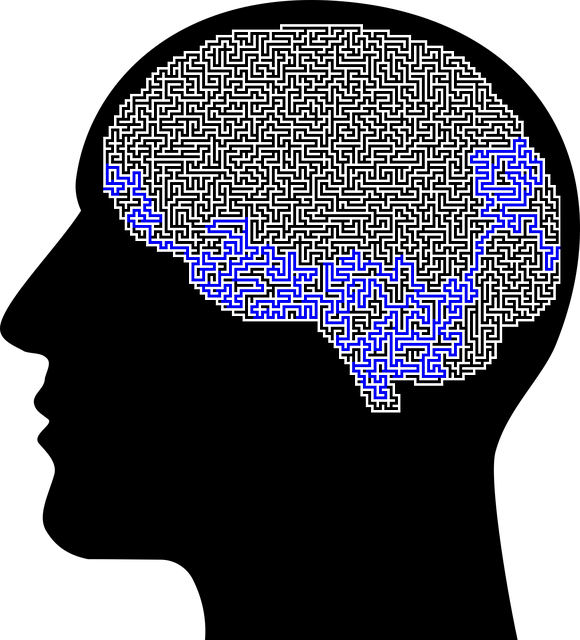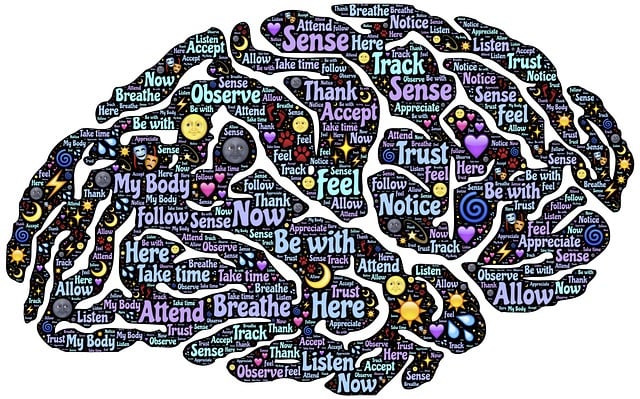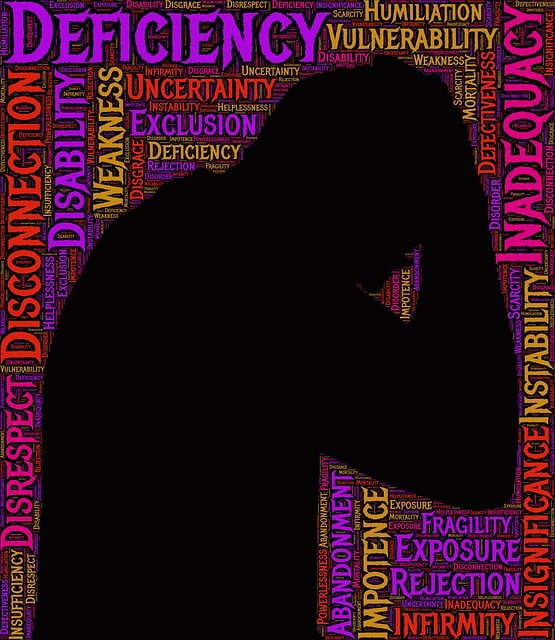Arvada Mental Health Evaluations Therapy serves as a blueprint for developing effective digital mental wellness apps by understanding user needs and preferences, offering 24/7 accessibility, and providing personalized sessions. Integrating crisis intervention guidance and evidence-based practices like mindfulness meditation enhances app functionality and inclusivity, making therapy more accessible through innovative digital platforms. A user-first approach, combined with public awareness campaigns, ensures these apps become powerful tools for managing life's challenges, revolutionizing mental health support.
In today’s digital era, mental wellness app development is revolutionizing access to therapy. This article explores key aspects of this evolution, focusing on Arvada Mental Health Evaluations and their integral role in crafting effective digital platforms for therapy. We delve into the challenges and opportunities of integrating therapy into digital spaces while emphasizing the importance of user-centric design for robust mental health support. By understanding these elements, developers can create apps that make a tangible difference in users’ lives.
- Understanding Arvada Mental Health Evaluations and Their Role in App Development
- Integrating Therapy into Digital Platforms: Challenges and Opportunities
- Designing User-Centric Mental Wellness Apps for Effective Support
Understanding Arvada Mental Health Evaluations and Their Role in App Development

Arvada Mental Health Evaluations play a pivotal role in shaping the development of mental wellness apps. These evaluations provide a comprehensive framework for understanding individual needs and preferences in therapy, enabling app developers to create tailored solutions that resonate with users. By integrating insights from such assessments, developers can ensure their apps offer effective mindfulness meditation techniques and mental wellness support aligned with specific user profiles.
Moreover, the evaluations facilitate the inclusion of crucial features like crisis intervention guidance, catering to diverse mental health journeys. This approach not only enhances app functionality but also contributes to a more inclusive digital therapeutic landscape. Ultimately, aligning app development with Arvada Mental Health Evaluations ensures that technology serves as an effective companion in promoting and maintaining mental wellness.
Integrating Therapy into Digital Platforms: Challenges and Opportunities

Integrating therapy into digital platforms presents both challenges and opportunities in the realm of mental wellness app development. One significant challenge is ensuring effective communication and connection between therapists and clients, particularly as digital tools cannot replicate the full range of non-verbal cues crucial for Arvada Mental Health Evaluations. However, this also opens up a world of opportunities to make therapy more accessible and engaging.
Digital platforms can offer 24/7 availability, enabling users to access stress management and anxiety relief techniques on their own terms. They can provide personalized therapy sessions tailored to individual needs, making mental wellness a priority in today’s fast-paced world. By leveraging technology, developers have the potential to revolutionize how we approach and support mental health, going beyond traditional barriers to care.
Designing User-Centric Mental Wellness Apps for Effective Support

In the realm of mental wellness app development, a user-centric approach is paramount to effective support. These applications should be designed with an understanding that each individual’s journey towards mental well-being is unique. Incorporating features that cater to personalized needs, such as tailored therapy sessions and resilience-building exercises, can significantly enhance engagement and outcomes. Customizing the app experience based on user feedback and progress ensures a dynamic and supportive environment, akin to Arvada Mental Health Evaluations Therapy, where users feel heard and understood.
The development process should also prioritize integrating evidence-based practices, like compassion cultivation techniques, to foster a sense of community and empathy among users. Public Awareness Campaigns can play a crucial role in promoting mental health discussions, ensuring that these apps reach a broader audience and contribute to a more inclusive and supportive digital landscape. By combining user-centric design with evidence-based strategies, mental wellness apps can become powerful tools for navigating life’s challenges, much like a compass guiding individuals through unfamiliar territories.
Arvada Mental Health Evaluations play a pivotal role in mental wellness app development, providing a structured framework for understanding user needs. By integrating therapy into digital platforms, developers can offer personalized support, addressing challenges like accessibility and engagement. User-centric design, leveraging insights from evaluations, ensures apps foster effective healing and well-being, revolutionizing access to mental health resources. This approach leverages the power of technology to enhance therapy, creating a holistic ecosystem for improved mental wellness.








